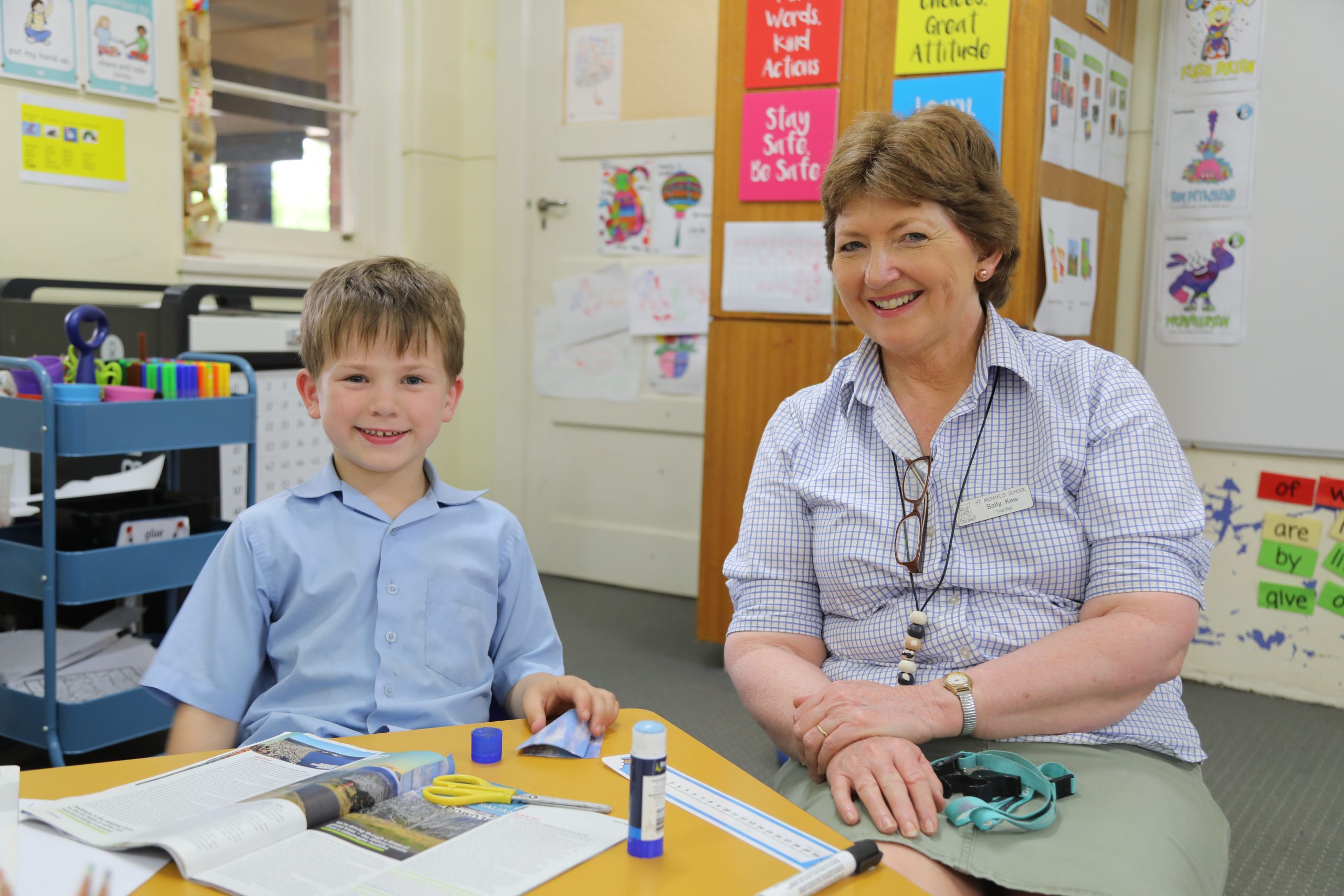
All Australian schools should be safe, supportive and respectful teaching and learning communities which promote student wellbeing. Wellbeing is essential for learning and our Catholic schools are committed to ensuring that every student is nurtured and supported to achieve their potential.
The Catholic identity and mission of our schools to develop the whole child, ensuring that their spiritual, social, emotional, cognitive and physical needs are met to ensure lifelong learning and wellbeing. This exists within a system of high-quality interpersonal relationships of care and support. Our schools promote a respectful, secure and healthy environment where our students grow within a community of faith.
Our Catholic school communities take proactive whole-school approaches to developing effective wellbeing practices and policies including those for student safety, mental health and pastoral care. Wellbeing is optimised when students feel safe, connected to their school communities and engaged in learning.
Some of the wellbeing initiatives that are being utilised in our Catholic schools include:
- Positive Behaviour Support including the use of Collaborative and Proactive Solutions® (Dr Ross Greene)
- Restorative Practices
- Social Emotional Learning programs – programs that help children to develop self-awareness, self-management, relationship skills and decision-making – you might hear school staff speak about programs called ‘Bounce Back’, ‘Zones of Regulation, ‘Making Jesus Real’, ‘The Resilience Project’ or others
- Be You – a framework for schools that encourages positive mental health and wellbeing
- Healthy Children Initiative (HCI) – is a primary school program which includes Crunch&Sip® – schools have an important role in developing and supporting children’s healthy eating and physical activity habits.
Health, wellbeing and relationships are taught in primary schools in the diocese as part of Personal Development, Health and Physical Education (PDHPE) programs from Kindergarten to Year 6. The PDHPE syllabus provides a strengths-based approach to develop knowledge and skills so that students enhance their own health, safety and wellbeing. This program incorporates drug education, safety, mental health and wellbeing, sexuality and sexual health, as well as food and nutrition and physical activity.